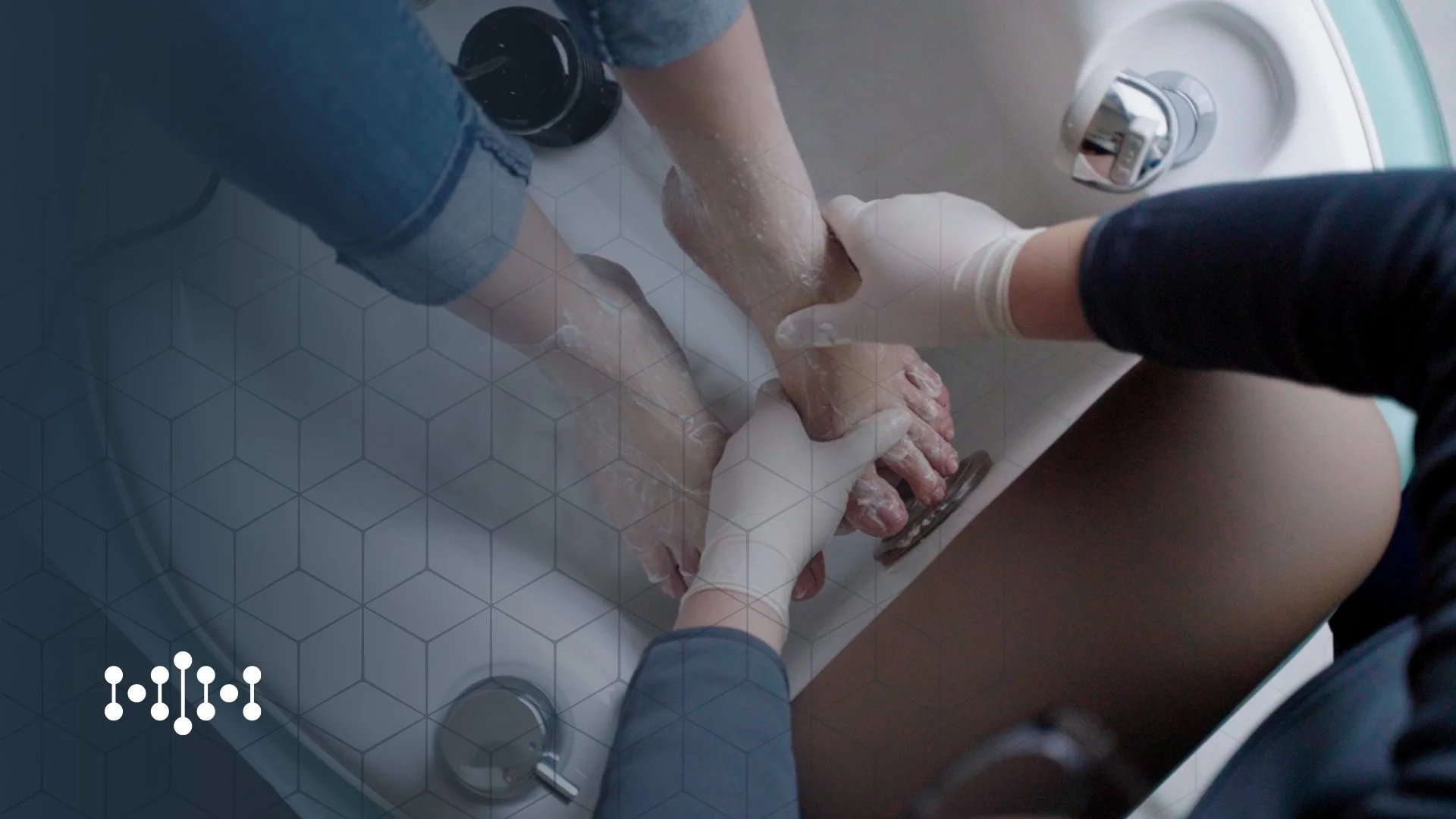Medical Pedicure
Medical Pedicure Video
A medical pedicure, also known as a podiatry pedicure or medi-pedi, is a specialized foot care treatment offered by trained and licensed professionals, typically podiatrists, pedorthists, or foot specialists. Unlike a traditional spa pedicure, which is primarily focused on aesthetics and relaxation, a medical pedicure places a strong emphasis on addressing and preventing foot and nail health issues. Here's some information about medical pedicures:
1. Foot Health Assessment: A key feature of a medical pedicure is the thorough assessment of your foot health. The professional will examine your feet to identify any existing or potential issues. This assessment can help detect conditions such as fungal infections, ingrown toenails, calluses, corns, bunions, and other foot-related problems.
2.Nail Care: The practitioner will trim, shape, and clean your toenails. Proper nail care is essential for preventing ingrown toenails and promoting healthy nail growth. Trimming nails correctly is particularly important, as improper trimming can lead to painful ingrown toenails.
3. Exfoliation and Callus Removal: Dead skin, calluses, and corns can develop on the feet over time. A medical pedicure involves the gentle removal of these hardened skin areas, which can alleviate discomfort and promote better overall foot health.
4. Moisturization: After the exfoliation, the professional will apply moisturizers to keep the skin on your feet soft and prevent dryness. Healthy, well-moisturized skin helps prevent issues like cracking and fissures.
5. Treatment for Foot Conditions: If you have specific foot or nail conditions, the practitioner may provide treatments or recommendations. For example, they may offer topical antifungal treatments for nail fungus or suggest orthotic inserts to address gait and posture issues.
6. Hygiene and Sanitation: Medical pedicures prioritize hygiene and sanitation. All tools and equipment used should be thoroughly sterilized to prevent the spread of infections.
7.Educational Component: Many practitioners take the opportunity to educate their clients about proper foot care, including choosing appropriate footwear and daily routines that can maintain foot health.
8. Follow-up Care: Depending on the individual's foot health, a series of medical pedicures or follow-up appointments may be recommended to achieve and maintain optimal results.
Medical pedicures are particularly beneficial for individuals with diabetes, circulation problems, and other medical conditions that affect the feet. The focus on hygiene and proper care can help prevent complications and maintain overall foot health. If you're interested in getting a medical pedicure, it's essential to seek out a licensed and experienced practitioner to ensure you receive high-quality care tailored to your specific needs.
Contact us today and start planning your next visit.
Contact us today and start planning your next visit.


